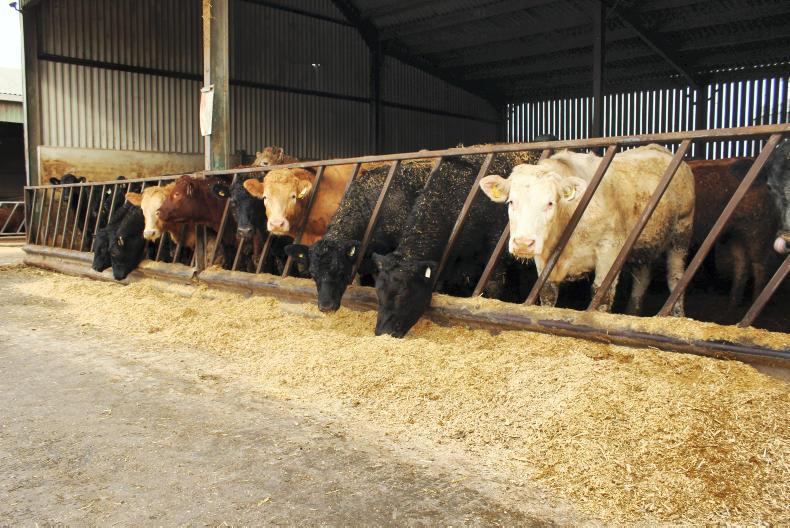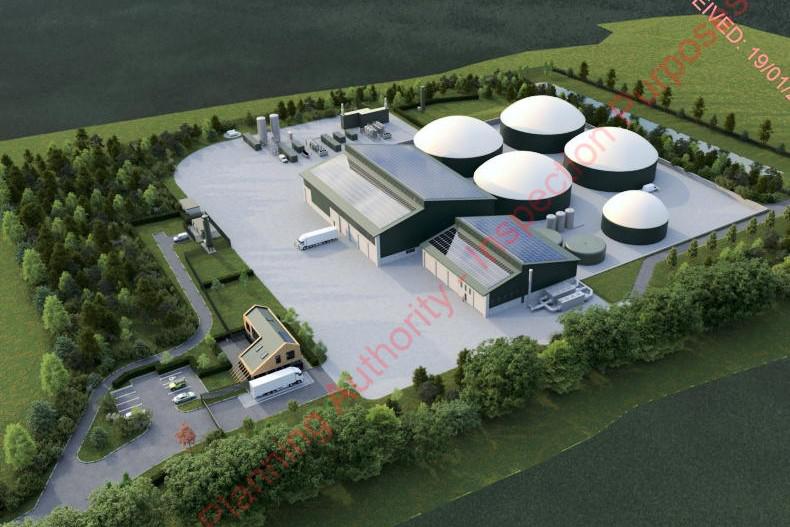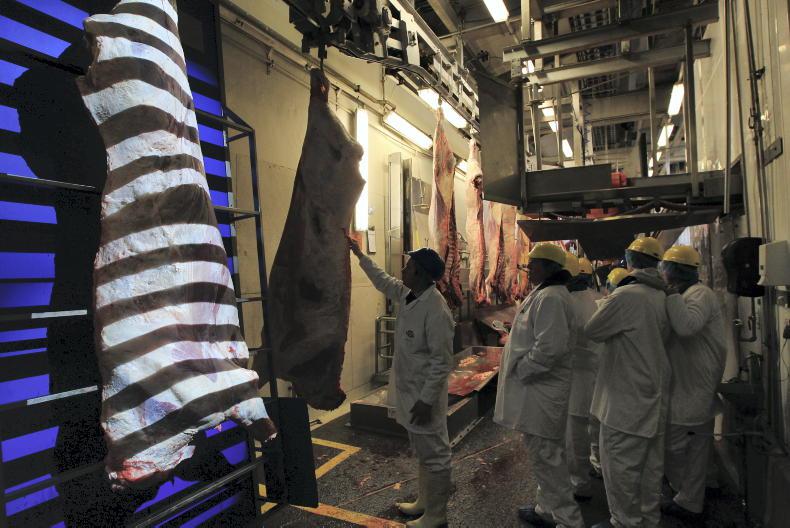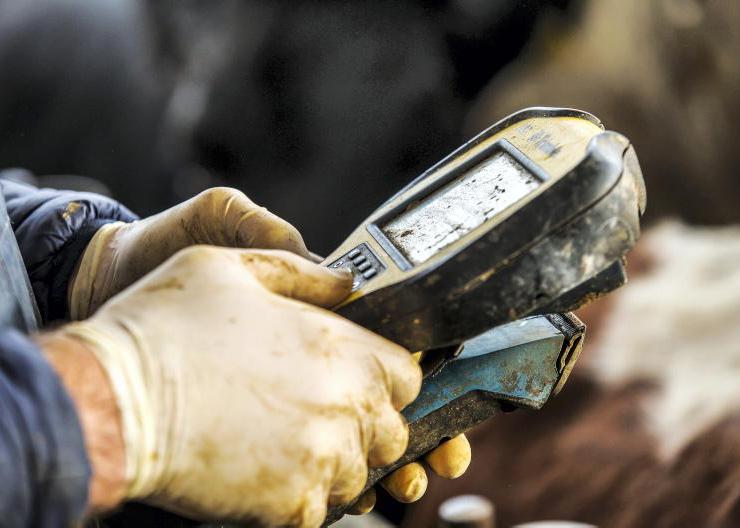Large beef finishers in NI who have operated under the agricultural flat rate VAT scheme in recent years, are likely to find themselves excluded from it starting 1 January 2021.
As part of last weeks’ budget, British chancellor Rishi Sunak announced that the scheme will be amended to incorporate new entry and exit rules. It means that only those with a turnover below £150,000 can join, and once turnover goes above £230,000, they must deregister from the scheme.
That will have implications for large beef finishing businesses who will easily cross the £230,000 threshold.
Under the current scheme, they cannot claim VAT on inputs, but to compensate for that, can charge 4% VAT on outputs sold to VAT-registered businesses (such as a meat plant), who then claim repayment off HMRC.
On a steer worth £1,300, the 4% claim is worth £52. The scheme works for a beef finisher as the main input cost is feed, which is zero rated for VAT in any case.
Changes to the scheme once the UK left the EU have been expected. It was originally set up by the EU to remove the administrative burden of VAT on small farmers.
In the UK, there is also a rule that in the first year certified for flat-rate VAT, a farmer should achieve a net gain of no more than £3,000 over a normal VAT registration.
Benefit
However, in subsequent years some finishers were realising a net benefit of up to £100,000 and above. HMRC did targeted some of these businesses, and cancelled their flat-rate registration. In total, figures obtained by the Irish Farmers Journal show that 18 farmers in NI either had their registration cancelled or were refused entry to the scheme in 2012. That compares to just two farmers in Britain.
Among those removed from the scheme were Shields and Sons partnership, a large beef finishing operation based in Co Down. They challenged this ruling, taking a case that went to the European courts in 2017.
The judgment in the Shields’ case was clear that the UK cannot remove farmers from flat-rate VAT where they are simply recovering more using the scheme than under normal VAT arrangements. The partnership had their registration reinstated back to 2012, allowing the business to issue retrospective invoices.
However, others who were removed from the scheme at the same time were not automatically reinstated, and were told that they must abide by the £3,000 limit in the first year.
Compete
From 2011 to 2018, a total of 69 farm businesses in NI have either been refused entry, or removed from the flat rate VAT scheme, compared to just 23 across Britain.
Beef finishers in NI who have been removed from flat rate VAT have pointed out that it is extremely difficult to compete for cattle in the marts with those still in the scheme. From 1 January 2021, it is set to be a more level playing field around the cattle ring.
Read more
NI farmers win flat-rate VAT case
Flat-rate VAT case taken to Europe
Large beef finishers in NI who have operated under the agricultural flat rate VAT scheme in recent years, are likely to find themselves excluded from it starting 1 January 2021.
As part of last weeks’ budget, British chancellor Rishi Sunak announced that the scheme will be amended to incorporate new entry and exit rules. It means that only those with a turnover below £150,000 can join, and once turnover goes above £230,000, they must deregister from the scheme.
That will have implications for large beef finishing businesses who will easily cross the £230,000 threshold.
Under the current scheme, they cannot claim VAT on inputs, but to compensate for that, can charge 4% VAT on outputs sold to VAT-registered businesses (such as a meat plant), who then claim repayment off HMRC.
On a steer worth £1,300, the 4% claim is worth £52. The scheme works for a beef finisher as the main input cost is feed, which is zero rated for VAT in any case.
Changes to the scheme once the UK left the EU have been expected. It was originally set up by the EU to remove the administrative burden of VAT on small farmers.
In the UK, there is also a rule that in the first year certified for flat-rate VAT, a farmer should achieve a net gain of no more than £3,000 over a normal VAT registration.
Benefit
However, in subsequent years some finishers were realising a net benefit of up to £100,000 and above. HMRC did targeted some of these businesses, and cancelled their flat-rate registration. In total, figures obtained by the Irish Farmers Journal show that 18 farmers in NI either had their registration cancelled or were refused entry to the scheme in 2012. That compares to just two farmers in Britain.
Among those removed from the scheme were Shields and Sons partnership, a large beef finishing operation based in Co Down. They challenged this ruling, taking a case that went to the European courts in 2017.
The judgment in the Shields’ case was clear that the UK cannot remove farmers from flat-rate VAT where they are simply recovering more using the scheme than under normal VAT arrangements. The partnership had their registration reinstated back to 2012, allowing the business to issue retrospective invoices.
However, others who were removed from the scheme at the same time were not automatically reinstated, and were told that they must abide by the £3,000 limit in the first year.
Compete
From 2011 to 2018, a total of 69 farm businesses in NI have either been refused entry, or removed from the flat rate VAT scheme, compared to just 23 across Britain.
Beef finishers in NI who have been removed from flat rate VAT have pointed out that it is extremely difficult to compete for cattle in the marts with those still in the scheme. From 1 January 2021, it is set to be a more level playing field around the cattle ring.
Read more
NI farmers win flat-rate VAT case
Flat-rate VAT case taken to Europe










SHARING OPTIONS